A veteran Republican strategist is calling for Brett Kavanaugh to withdraw his nomination to the United States Supreme Court after the judge was accused of sexually assaulting a woman at a high school party in the 1980's.
In a powerful NBC editorial on Monday, Evan Siegfried begins by saying Kavanaugh "has a resume that makes him unquestionably qualified to sit on the highest court in the land."
"Further, I have found the attacks on him made by Democrats until now to be unfounded or pure spectacle made by politicians engaging in theatrics simply because they knew there were cameras on," Siegfried says of Kavanaugh's contentious confirmation hearings.
Siegfried laments, however, that "after reading" the allegations against Kavanaugh, he "can no longer support Kavanaugh’s nomination and have concluded that for the good of the country, he must withdraw."
Last week, a confidential letter sent to the Senate Judiciary Committee accusing Kavanaugh of the attempted rape of a classmate at a high school party was made public without the author's consent.
According to the account, which we now know was written by Christine Blasey Ford, a research psychologist, Kavanaugh was "stumbling drunk" and pinned Ford down on a bed, covering her mouth as he forced himself on top of her.
"I thought he might inadvertently kill me,” said Ford of Kavanaugh during the alleged 1982 incident. "He was trying to attack me and remove my clothing."
Ford said that a friend, Mark Judge, jumped on top of them as he watched, inadvertently knocking Kavanaugh off Ford, allowing her to escape.
Kavanaugh and Judge have fiercely denied the allegations.
"I categorically and unequivocally deny this allegation," Kavanaugh said in a statement. "I did not do this back in high school or at any time."
Judge's memoir, however, references a friend named "Bart O’Kavanaugh" with whom he partied in "an environment rife with alcohol abuse and misbehavior," as Siegfried puts it.
Siegfried believes the accusations are enough to disqualify Kavanaugh for a seat on the High Court.
"It might be impossible for a court of law, let alone the court of public opinion, to definitively determine the truth of what happened on that night in 1983, but Ford’s story is disturbing," writes Siegfried.
Siegfried writes that Ford's story transcends the hyper-partisan political climate because she sought marriage counseling and reported the assault to her therapist back in 2012.
Ford also passed a polygraph test in August. "The results... concluded that Ford was being truthful when she said a statement summarizing her allegations was accurate," WaPo reported on Sunday.
"While the psychiatrist’s note lacks names," Siegfried says, "it is difficult to believe that Ford raised this in therapy six years ago as part of some master plan to stop Brett Kavanaugh’s Supreme Court nomination before Obama's re-election."
Senator Diane Feinstein (D-CA), the ranking member on the Senate Judiciary Committee, has known about Ford's accusations since July and did not raise them during Kavanaugh's confirmation hearings, which has irked Republicans who were banking on a Kavanaugh confirmation.
Siegfried says that although "Feinstein has some explaining to do" regarding the timing of Ford's letter, the "political shenanigans around Kavanaugh's nomination do not give us a pass to take Ford’s allegation of attempted sexual assault lightly."
Siegfried described the accusations as a "sad ordeal," reminding him of Anita Hill's allegations of sexual harassment against Clarence Thomas in 1991. Thomas was ultimately confirmed to the Supreme Court, but "the accusations follow Thomas to this day — and Ford’s allegations will follow Kavanaugh, too," Siegfried predicts.
And while President Donald Trump could pick another nominee to replace Anthony Kennedy, the odds that "another nominee would be facing a sexual assault charge (particularly [Judge Amy Comey] Barrett) is minimal and the public would not have a tainted view of whoever is confirmed."
Siegfried also fears that a Kavanaugh confirmation could shatter public confidence in the Supreme Court, worrying that "a large portion of the American people would likely view him as illegitimate and challenge the validity of his appointment because of Ford’s accusations."
The future of the Supreme Court is too important, Siegfried writes, for Kavanaugh's nomination to continue.
"Kavanaugh must put the integrity of the Supreme Court and its future rulings first, and withdraw his nomination," Siegfried concludes. "Trump can then replace him with a nominee with stellar credentials and no controversy."
The White House and Kavanaugh have said his nomination will not be withdrawn.
On Monday, Trump said that asking if Kavanaugh will bow out was "a ridiculous question."
That has not stopped calls on social media - from all sides of the political aisle - for Kavanaugh to forgo his nomination.
"Such a situation is not healthy for our republic," Siegfried opines. It's hard to disagree.


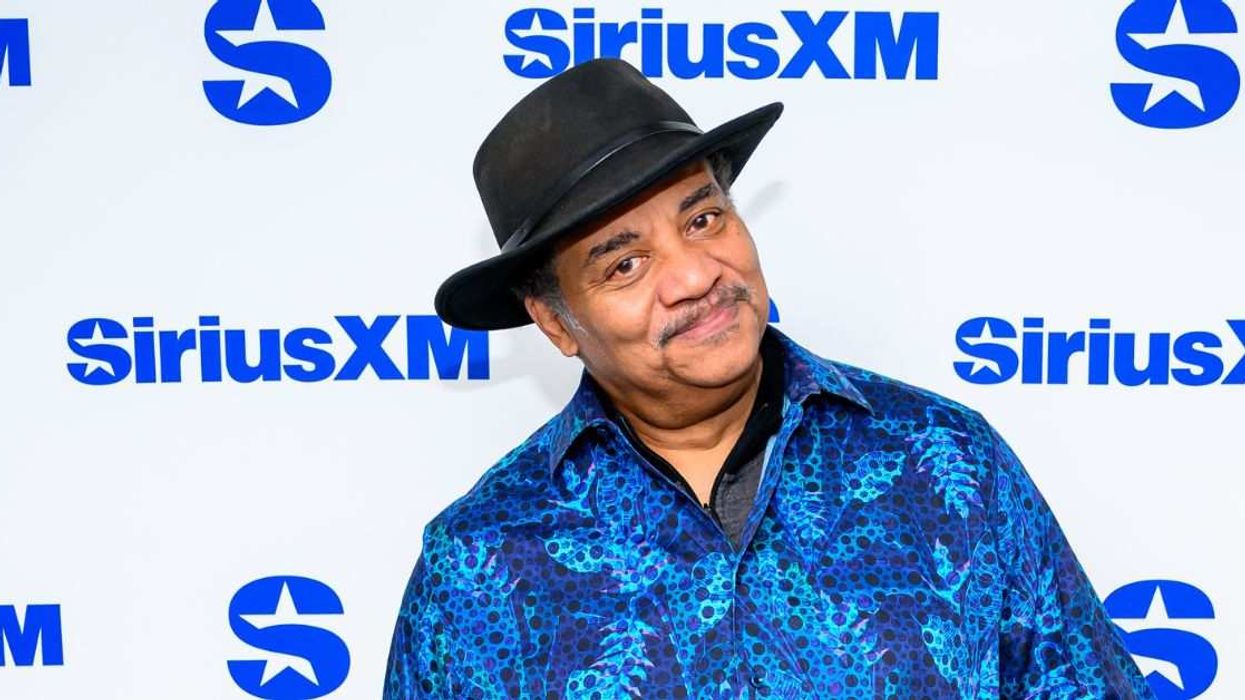
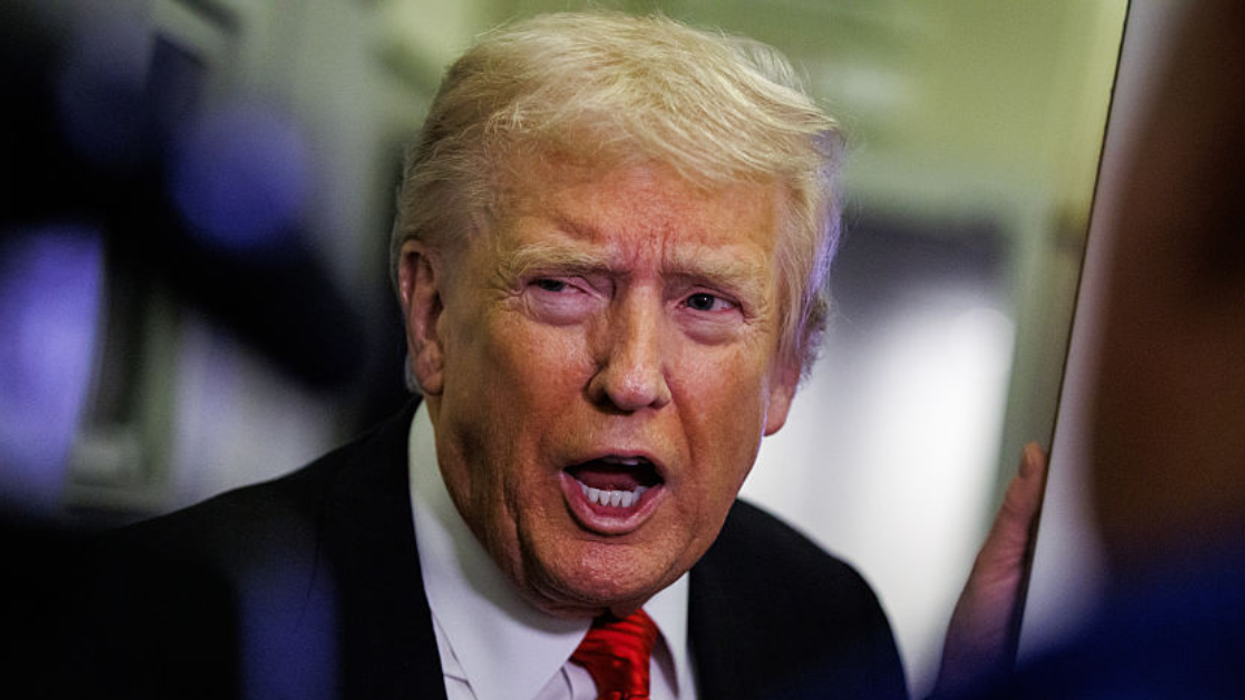

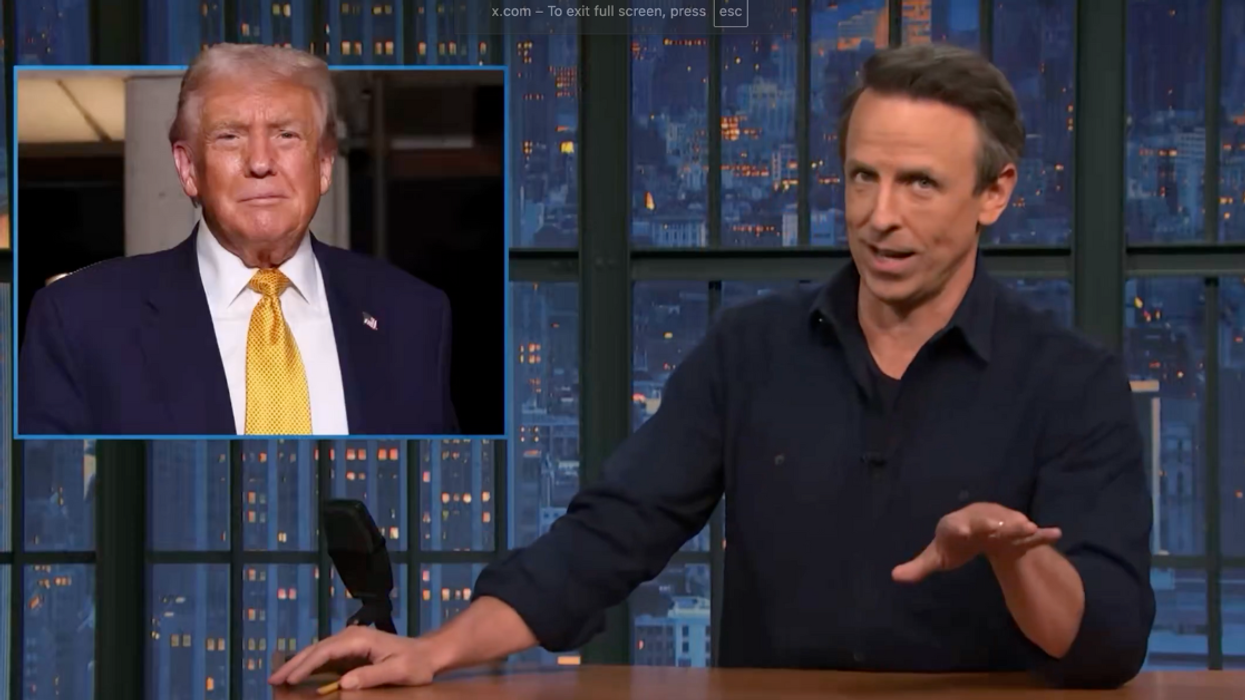

 @rootednjoyy/TikTok
@rootednjoyy/TikTok @rootednjoyy/TikTok
@rootednjoyy/TikTok @rootednjoyy/TikTok
@rootednjoyy/TikTok @rootednjoyy/TikTok
@rootednjoyy/TikTok @rootednjoyy/TikTok
@rootednjoyy/TikTok @rootednjoyy/TikTok
@rootednjoyy/TikTok @rootednjoyy/TikTok
@rootednjoyy/TikTok @rootednjoyy/TikTok
@rootednjoyy/TikTok @rootednjoyy/TikTok
@rootednjoyy/TikTok @rootednjoyy/TikTok
@rootednjoyy/TikTok @rootednjoyy/TikTok
@rootednjoyy/TikTok @rootednjoyy/TikTok
@rootednjoyy/TikTok @rootednjoyy/TikTok
@rootednjoyy/TikTok @rootednjoyy/TikTok
@rootednjoyy/TikTok
 @rootednjoyy/TikTok
@rootednjoyy/TikTok @rootednjoyy/TikTok
@rootednjoyy/TikTok @rootednjoyy/TikTok
@rootednjoyy/TikTok @rootednjoyy/TikTok
@rootednjoyy/TikTok @rootednjoyy/TikTok
@rootednjoyy/TikTok @rootednjoyy/TikTok
@rootednjoyy/TikTok @rootednjoyy/TikTok
@rootednjoyy/TikTok @rootednjoyy/TikTok
@rootednjoyy/TikTok @rootednjoyy/TikTok
@rootednjoyy/TikTok @rootednjoyy/TikTok
@rootednjoyy/TikTok





 @BarryMu38294164/X
@BarryMu38294164/X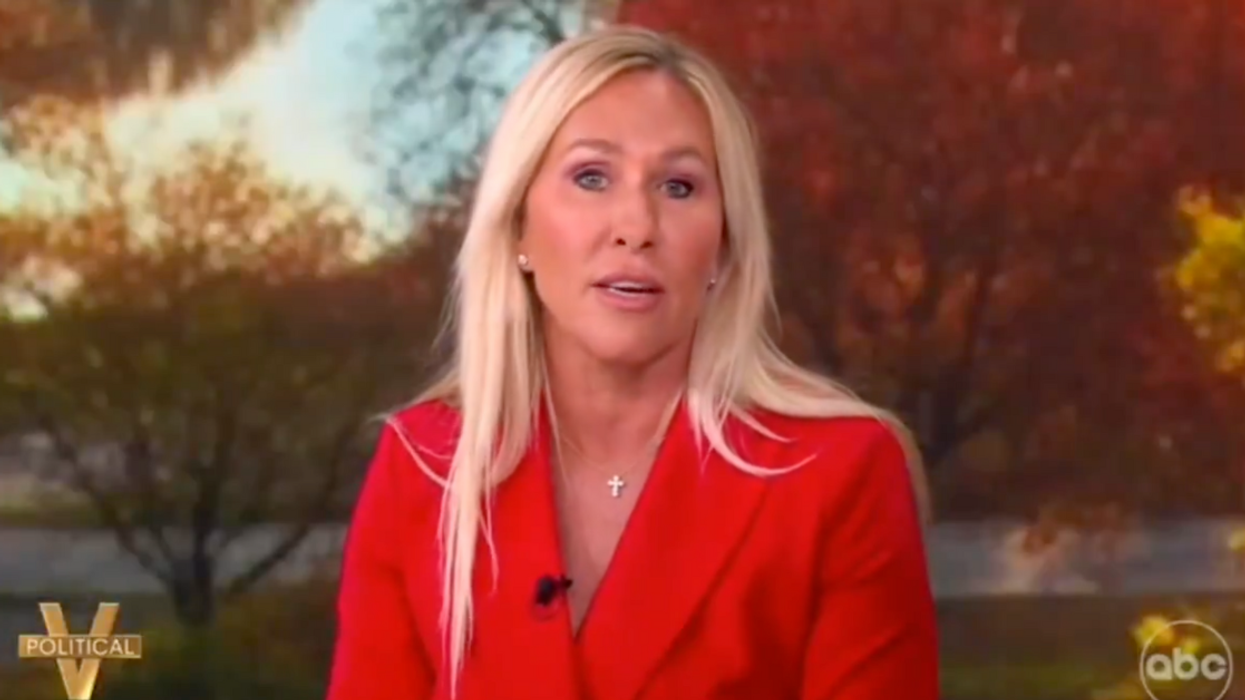

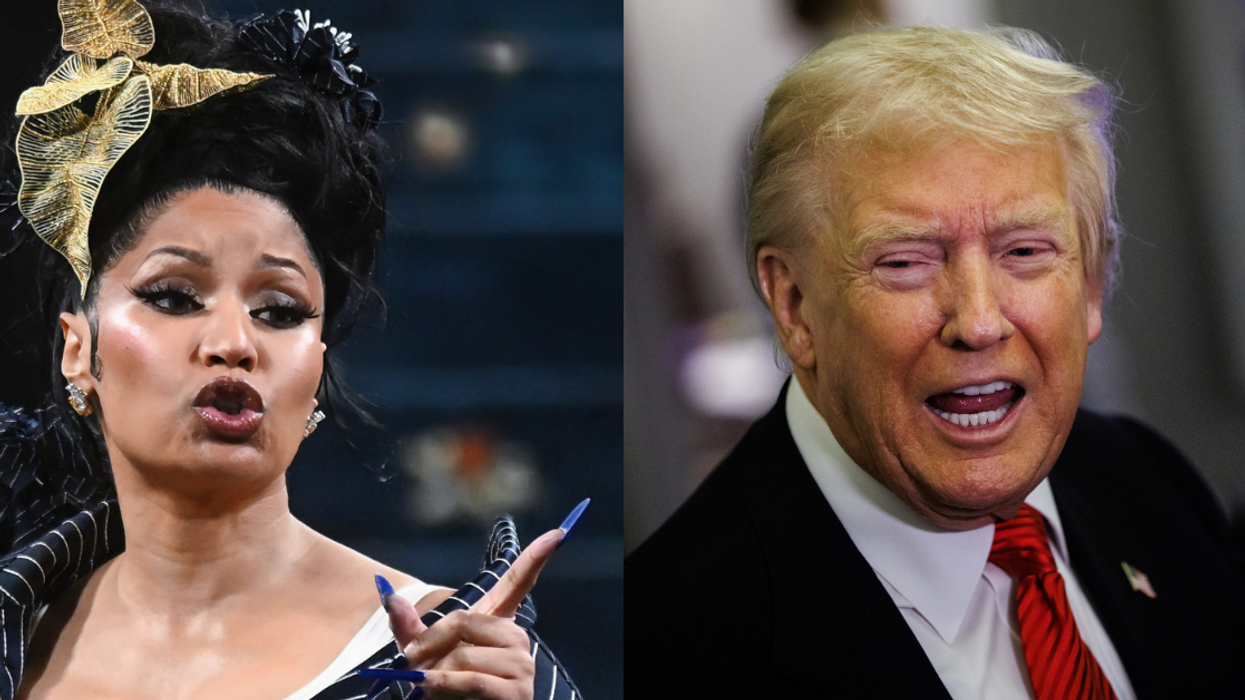

 @NICKIMINAJ/X
@NICKIMINAJ/X @NICKIMINAJ/X
@NICKIMINAJ/X @NICKIMINAJ/X
@NICKIMINAJ/X @NICKIMINAJ/X
@NICKIMINAJ/X @NICKIMINAJ/X
@NICKIMINAJ/X TMZ/Facebook
TMZ/Facebook TMZ/Facebook
TMZ/Facebook TMZ/Facebook
TMZ/Facebook TMZ/Facebook
TMZ/Facebook TMZ/Facebook
TMZ/Facebook TMZ/Facebook
TMZ/Facebook TMZ/Facebook
TMZ/Facebook TMZ/Facebook
TMZ/Facebook @NICKIMINAJ/X
@NICKIMINAJ/X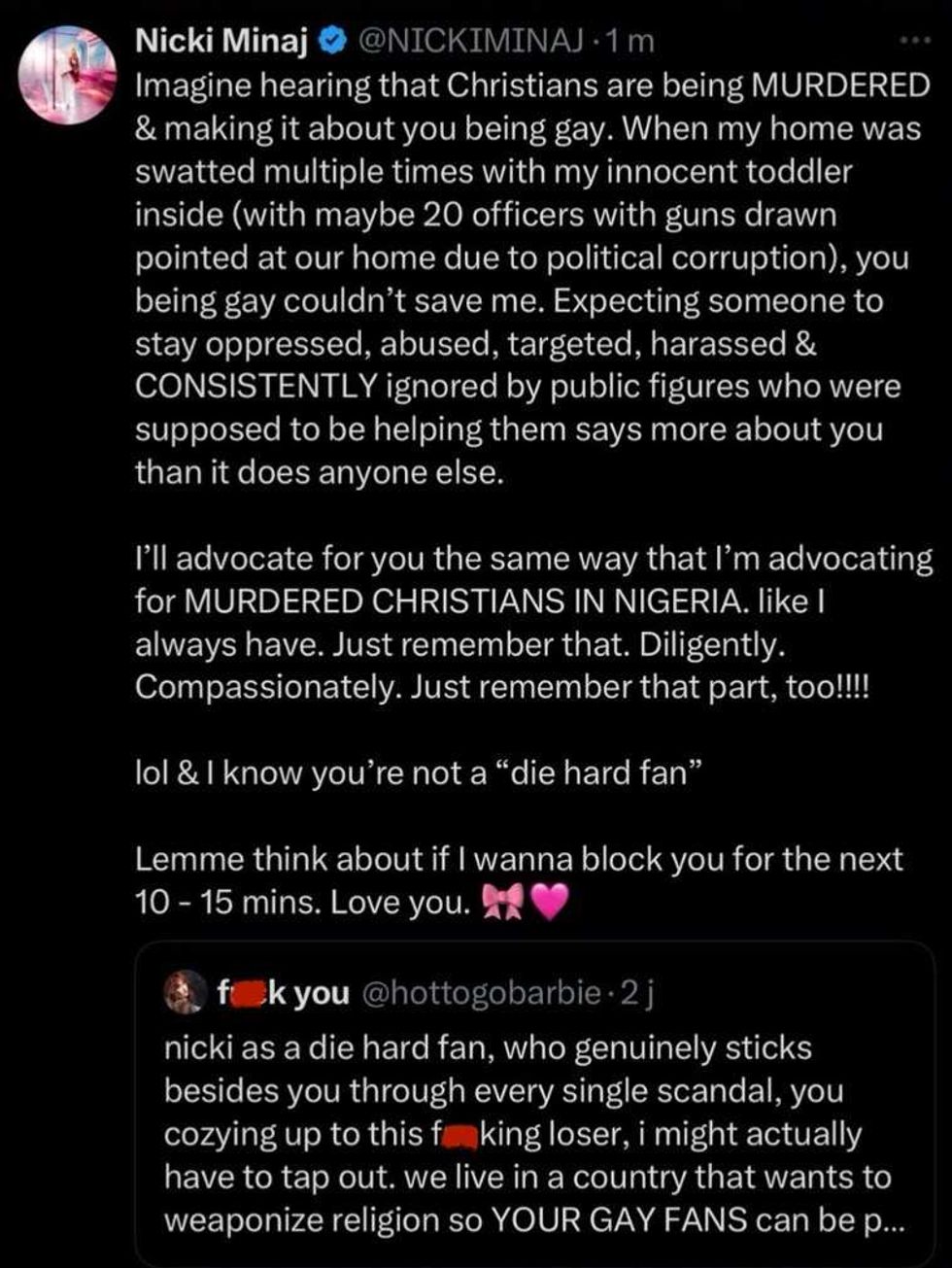 @NICKIMINAJ/X
@NICKIMINAJ/X